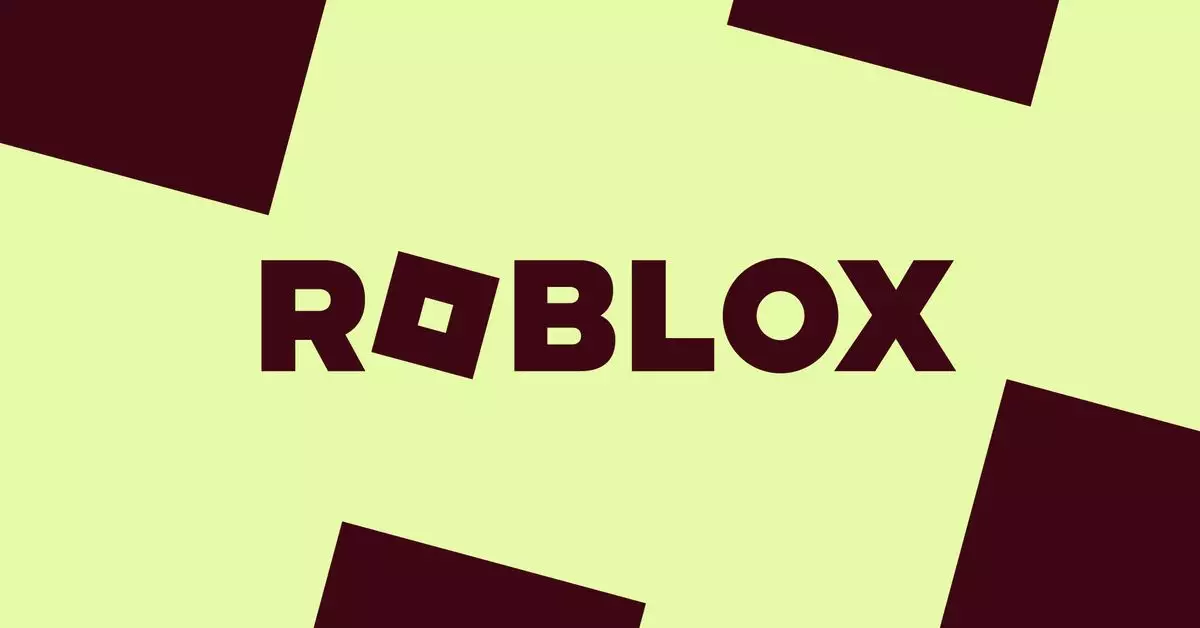Roblox, the popular online platform for gaming and social interaction, has recently taken significant strides to bolster child safety amid rising concerns regarding its effectiveness in protecting younger users. With the introduction of new communication restrictions and parental management features, the gaming environment aims to create a safer space for children engaged in its vibrant virtual experiences.
In response to alarming reports detailing how inappropriate interactions occur on the platform, Roblox is implementing new communication protocols, particularly targeting users under the age of 13. A key change is the restriction on direct messages (DMs) to players outside of game scenarios. This is a substantial shift that requires a more thoughtful and controlled approach to communication. With these updates, children will find themselves needing parental permission to engage in in-game messaging—an important feature designed to provide parents with oversight and, ideally, peace of mind. However, it is important to note that full implementation of this system is expected only by the beginning of 2025, which leaves a potential gap where vulnerabilities could persist.
The urgency behind this policy shift stems from critical reports, including a revealing article by Bloomberg highlighting the risks of predators leveraging the platform’s communication features to target children. Such investigations have pushed Roblox to confront its responsibility in safeguarding its youngest users from exploitation, reinforcing the need for proactive measures in its operations.
Moreover, Roblox is rolling out enhanced parental controls that empower caregivers to manage their child’s engagement more effectively. Unlike the previous system, which required parents to physically access their child’s account, these new tools will enable remote management of screen time and activity settings. This strategic change recognizes the modern dynamics of both technology use and parenting, offering a user-friendly solution to a complex challenge facing many families navigating digital spaces.
In tandem with improved parental oversight, Roblox plans to implement content labeling that conveys the nature of experiences rather than strictly categorizing them by age ratings. This nuanced approach allows for better clarity regarding the type of content present within games, ensuring parents understand the potential exposure their children might face. Experiences deemed “moderate” will be clearly outlined, indicating themes such as moderate fear or crude humor, while children under nine will be confined to experiences labeled as “minimal” or “mild,” unless parental consent is given.
Collectively, these initiatives signal Roblox’s commitment to building a safer digital world for its young users. The gaming platform faces the dual challenge of maintaining an engaging environment while simultaneously providing the level of protection both parents and society expect. As they roll out these safety features, it becomes imperative that they remain vigilant and adaptive, continually evaluating the effectiveness of their implementation against emerging challenges in online safety.
The measures taken by Roblox reflect a broader industry trend prioritizing child safety without stifling creativity and interaction in virtual landscapes. As gaming and social platforms evolve, maintaining an ethical commitment to protect vulnerable populations is not just necessary; it’s a responsibility that industry leaders must embrace wholeheartedly for the future of digital play.

